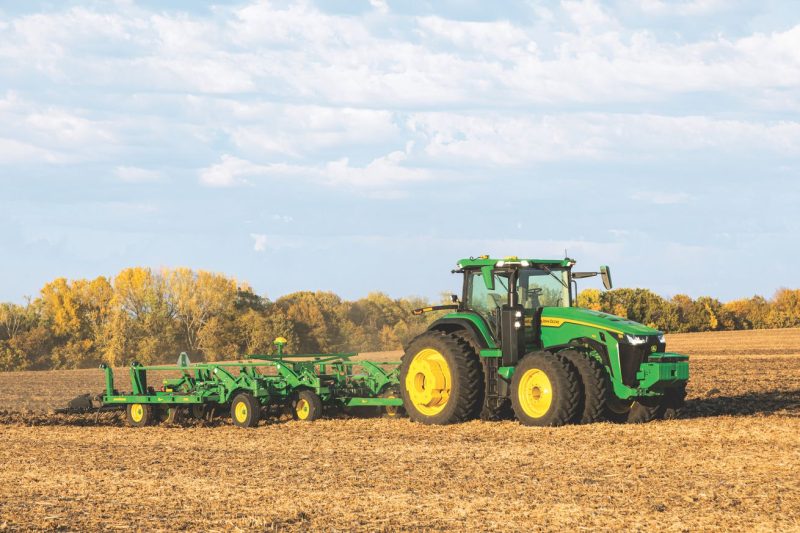Solar Storms Are Disrupting Farmer GPS Systems During Critical Planting Time
The advent of technology has undoubtedly revolutionized the way farmers operate, with GPS technology being a game-changer in the agricultural sector. However, as farmers become increasingly reliant on GPS systems for precision agriculture, a new threat has emerged in the form of solar storms. These unpredictable natural phenomena have been causing disruptions in farmer GPS systems during critical planting times, posing significant challenges to farmers worldwide.
One of the main issues arising from solar storms affecting GPS systems is the loss of accuracy in location data. For farmers, precise positioning is crucial for various farming activities, such as planting, spraying, and harvesting. The disruptions caused by solar storms can result in misalignments in equipment, leading to inefficient use of resources and potential yield losses. As a result, farmers are forced to rely on traditional methods or postpone critical activities until the GPS systems are back online, adding to the already demanding nature of farming.
Moreover, solar storms can also impact the overall performance of GPS receivers, causing signal degradation and potential system failures. This not only affects the current operations but also raises concerns about the long-term reliability of GPS technology in agriculture. Farmers are now tasked with finding alternative solutions to mitigate the risks posed by solar storms, such as investing in backup navigation systems or adopting more resilient GPS equipment.
In addition to the operational challenges, the economic implications of solar storms disrupting farmer GPS systems are substantial. The cost of delays, rework, and potential crop loss can have a significant impact on farm profitability, especially during critical planting times. Furthermore, the uncertainty surrounding the frequency and intensity of solar storms adds another layer of complexity for farmers trying to plan and manage their operations effectively.
Addressing the issue of solar storms disrupting farmer GPS systems requires a multi-faceted approach. Collaboration between the agricultural industry, technology providers, and government agencies is essential to develop strategies for mitigating the impacts of solar storms on GPS technology. Enhanced monitoring and early warning systems can help farmers prepare for potential disruptions and adjust their operations accordingly. Moreover, investing in research and development to enhance the resilience of GPS systems against solar storms could safeguard the future of precision agriculture.
In conclusion, the disruptions caused by solar storms on farmer GPS systems during critical planting times highlight the vulnerabilities of modern agricultural practices. As farmers continue to embrace technology for increased efficiency and productivity, they must also adapt to the challenges posed by natural phenomena such as solar storms. By fostering collaboration, innovation, and proactive planning, the agricultural sector can better navigate the impacts of solar storms and ensure the sustainability of precision agriculture in the face of evolving environmental threats.


































